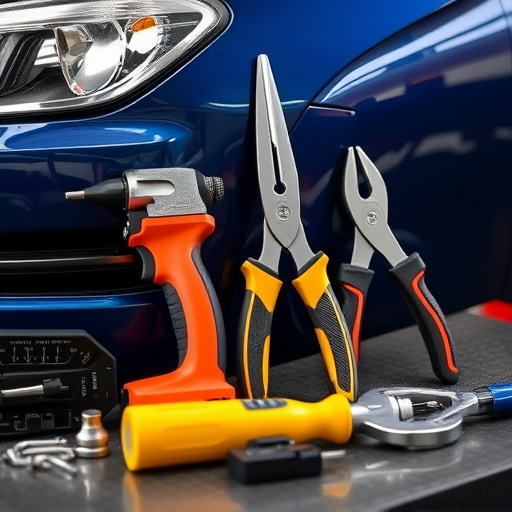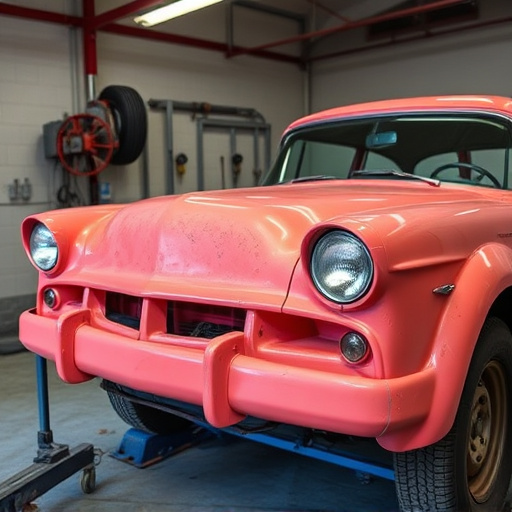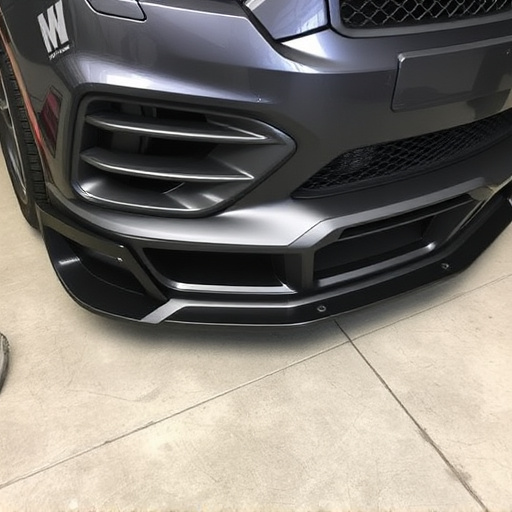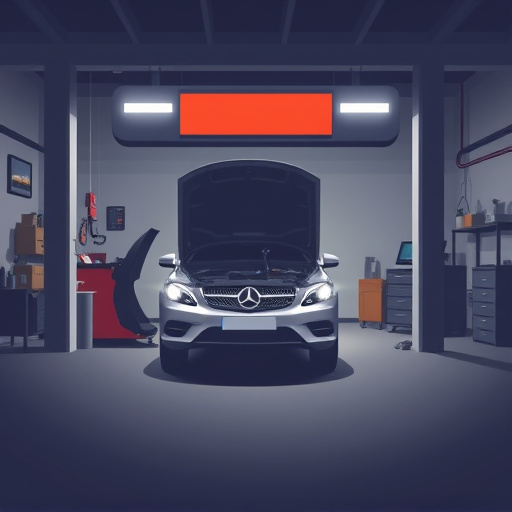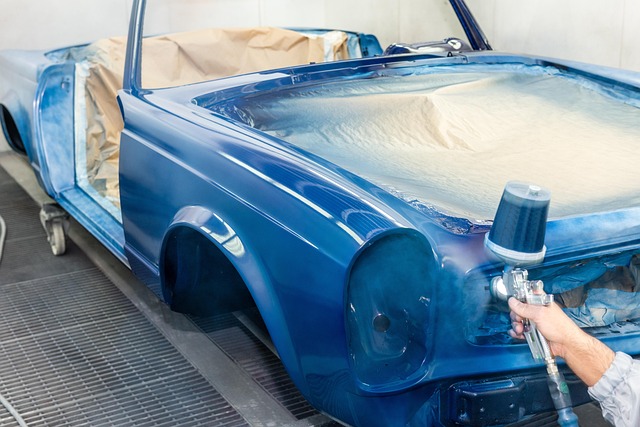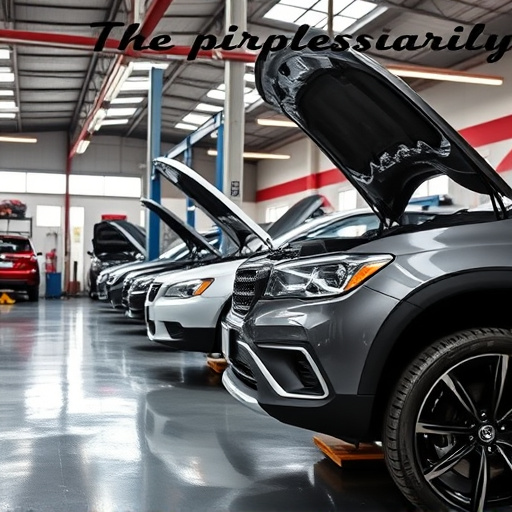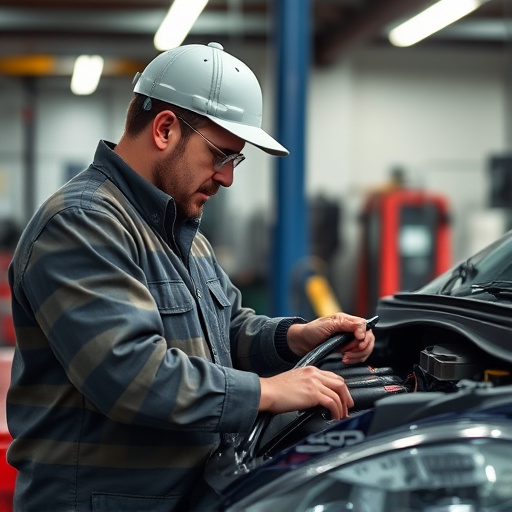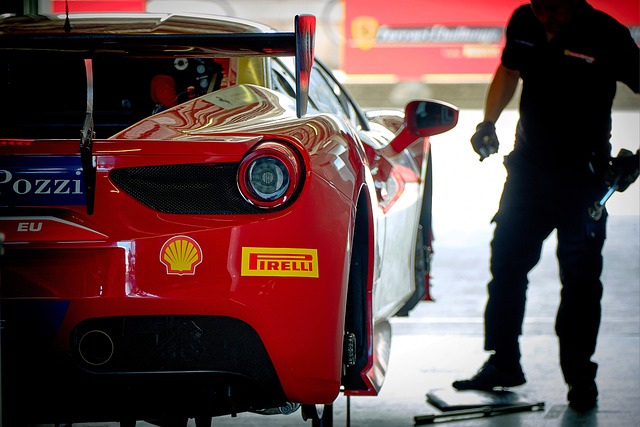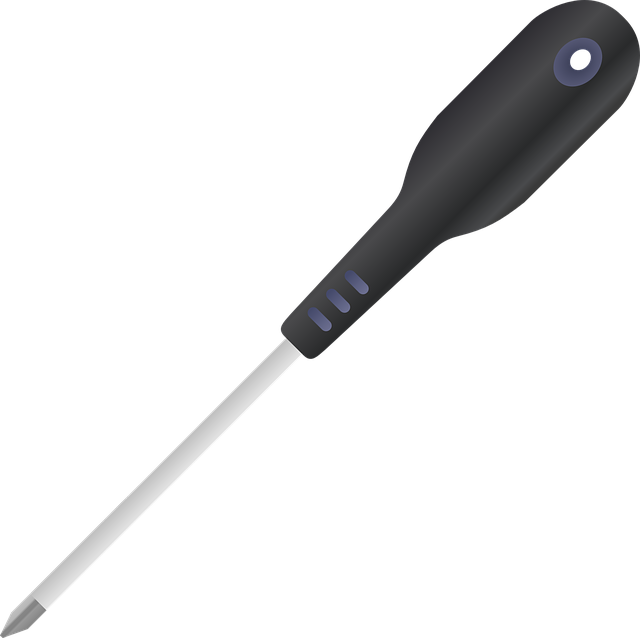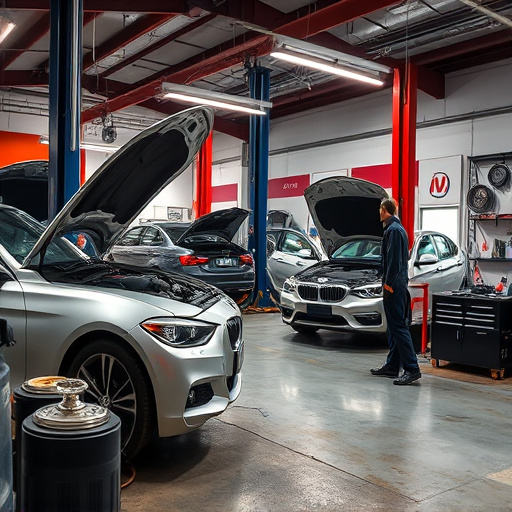Balance cost, age, and condition to make repair vs replace decisions. Consider cosmetic issues and underlying components. Prioritize safety features and technology advancements in newer models. Regular maintenance extends lifespan and resale value. Evaluate long-term costs for future owners. Use specialized body shops and genuine OEM parts for precision repairs. Make informed repair vs replace decisions with professional help.
Making the call between repairing or replacing your car is a crucial decision that can significantly impact its residual value. In this article, we’ll explore how these choices affect your vehicle’s long-term worth. Understanding the impact of repair decisions and knowing when to embrace a replacement are key to navigating the car ownership journey. We’ll guide you through essential considerations, helping you make informed choices that could save you money and maximize your car’s resale potential.
- Understanding the Impact of Repair Decisions
- When to Replace: Key Considerations
- Long-Term Effects on Your Car's Resale Value
Understanding the Impact of Repair Decisions

Making the choice between repairing or replacing your car is a crucial aspect of vehicle ownership that significantly influences its residual value. When considering auto maintenance and automotive repairs, understanding how these decisions affect your car’s long-term worth is essential for any car owner.
Every repair has the potential to either preserve or depreciate your vehicle’s value, depending on various factors. Smaller, more routine auto body repairs can often extend the life of a vehicle and keep it running efficiently, thereby delaying the need for a complete replacement. On the other hand, extensive or complex repairs may indicate significant underlying issues, which, if not adequately addressed, could lead to future breakdowns and reduced resale value. Therefore, when deciding on repair vs replace, car owners should weigh the cost, age, and condition of their vehicle to make informed choices that balance both current and long-term financial considerations.
When to Replace: Key Considerations

When deciding whether to repair or replace a damaged car, understanding when to choose replacement is crucial. While immediate replacements might be tempting for cosmetic issues, like dents or scratched paint, it’s essential to consider the underlying components and their condition. If a part has already been compromised due to age or previous repairs, replacing it might offer better long-term value retention.
Several key considerations come into play when contemplating replacement. First, evaluate the severity of the damage. Major structural issues, such as frame damage caused by a collision, often require complete vehicle replacement rather than repair. Additionally, safety features and technology advancements in newer models should be taken into account. Regularly scheduled tire services and collision repair from a reputable collision repair shop can significantly extend your car’s lifespan and maintain its resale value, especially for lighter repairs.
Long-Term Effects on Your Car's Resale Value

When it comes to repairing versus replacing car components, considering the long-term effects on your vehicle’s resale value is crucial. A well-maintained and original equipment parts-equipped car tends to hold its value better than one with numerous replacements or subpar repairs. Even if a repair seems like the more economical option initially, it could devalue your car significantly in the future. For instance, a simple fender bender might require a complex repair that involves replacing various interconnected parts, which can lead to a devalued resale price due to the perceived higher maintenance costs for potential buyers.
On the other hand, an automotive body shop or collision repair center specializing in precision repairs and using genuine OEM (original equipment manufacturer) parts can mitigate these concerns. They understand how to restore your car’s original condition while preserving its long-term value. By ensuring that every component is correctly repaired or replaced with like-new parts, you minimize the potential for future issues and maintain a higher resale value. Thus, repairing versus replacing decisions have far-reaching implications, and working with experienced professionals in these situations can help protect your investment over time.
Making informed repair vs. replace decisions is key to maximizing your car’s resale value over time. By understanding the impact of each choice, considering cost-effective repairs, and planning for eventual replacements, you can navigate the lifecycle of your vehicle wisely. This strategic approach ensures you get the most out of your investment while maintaining a competitive market position.
